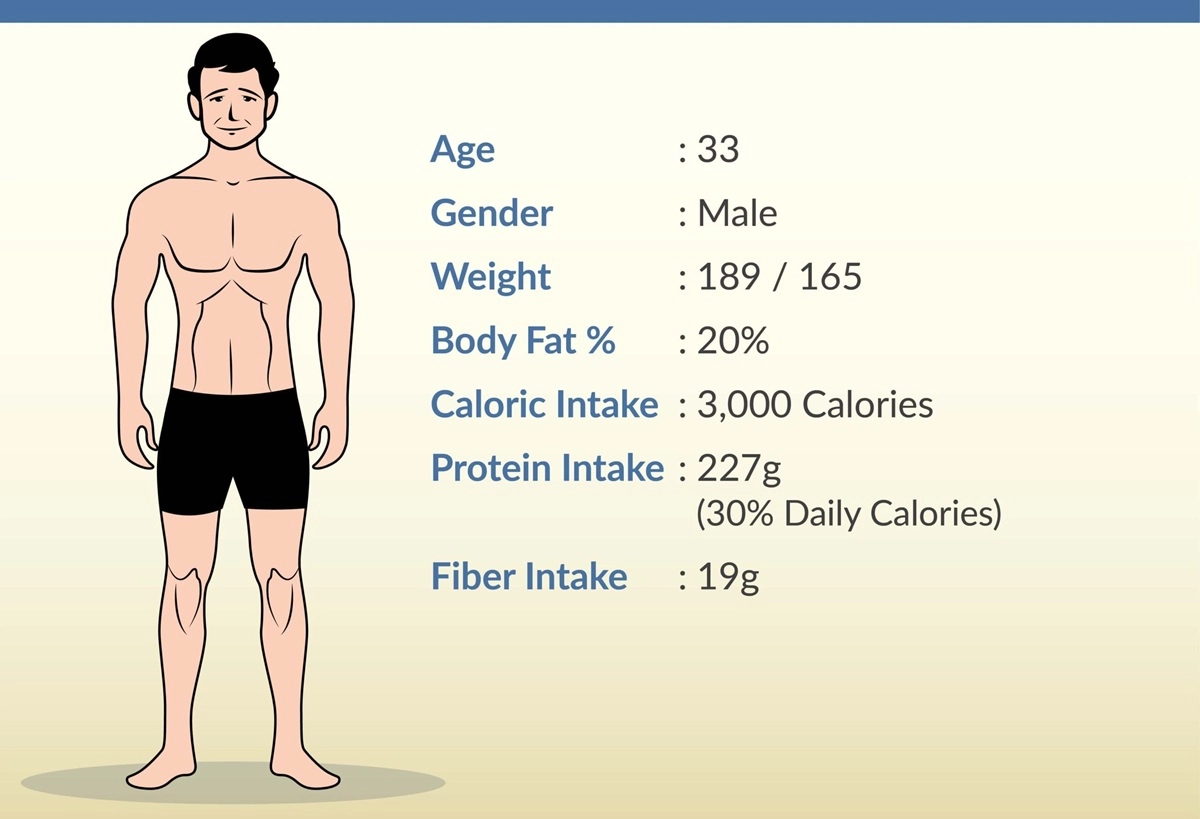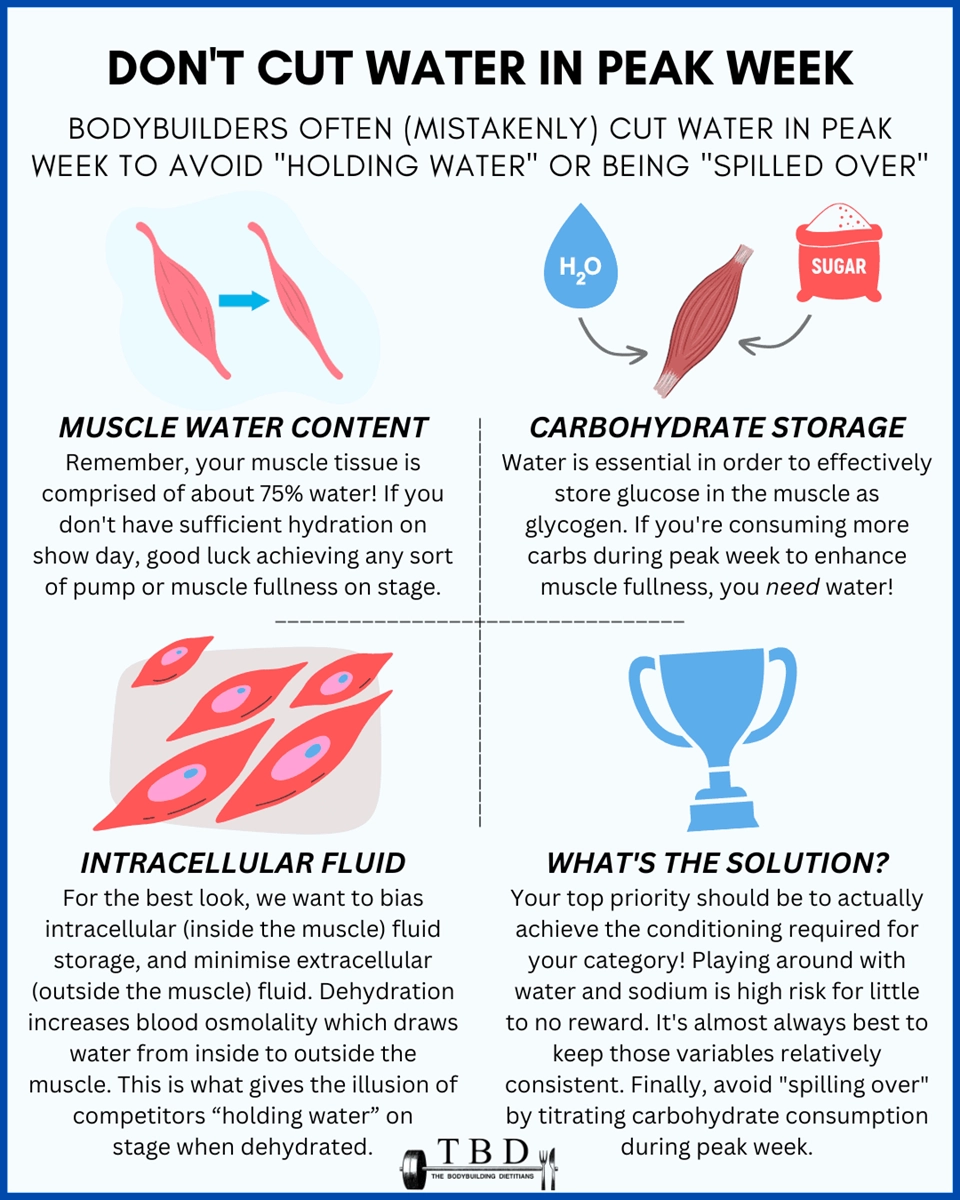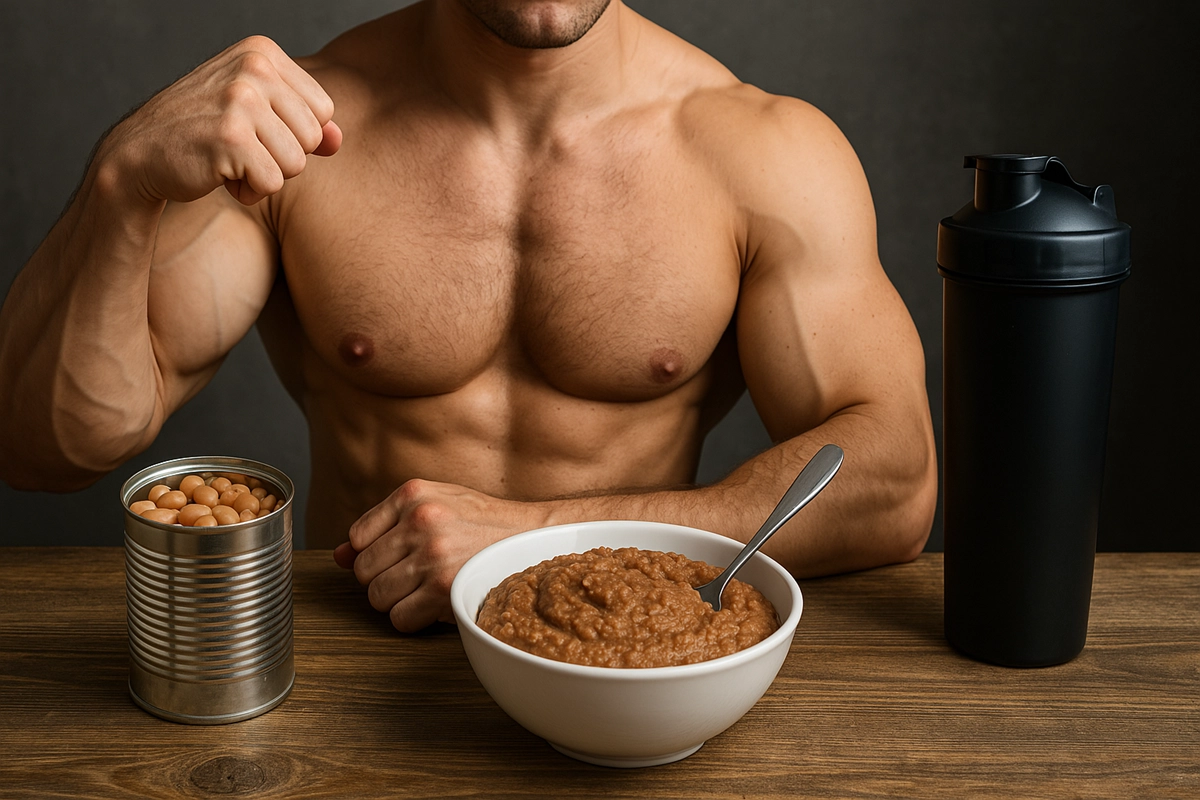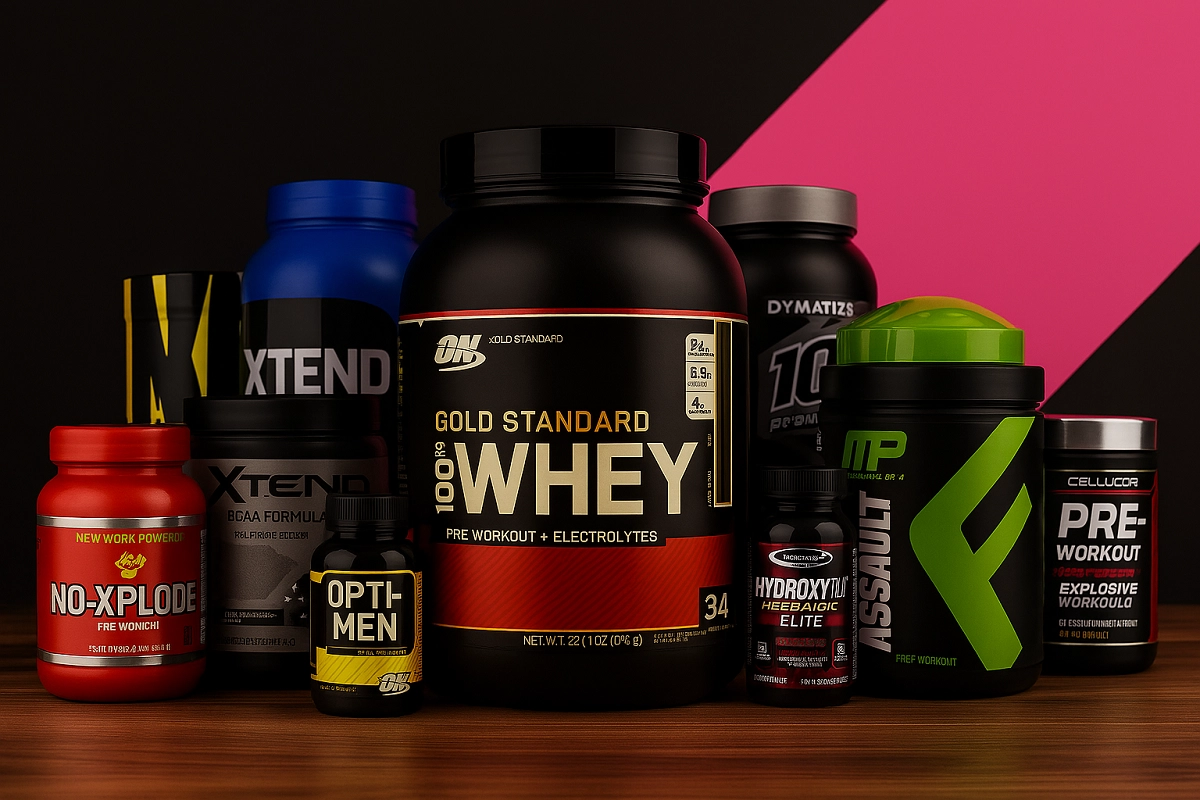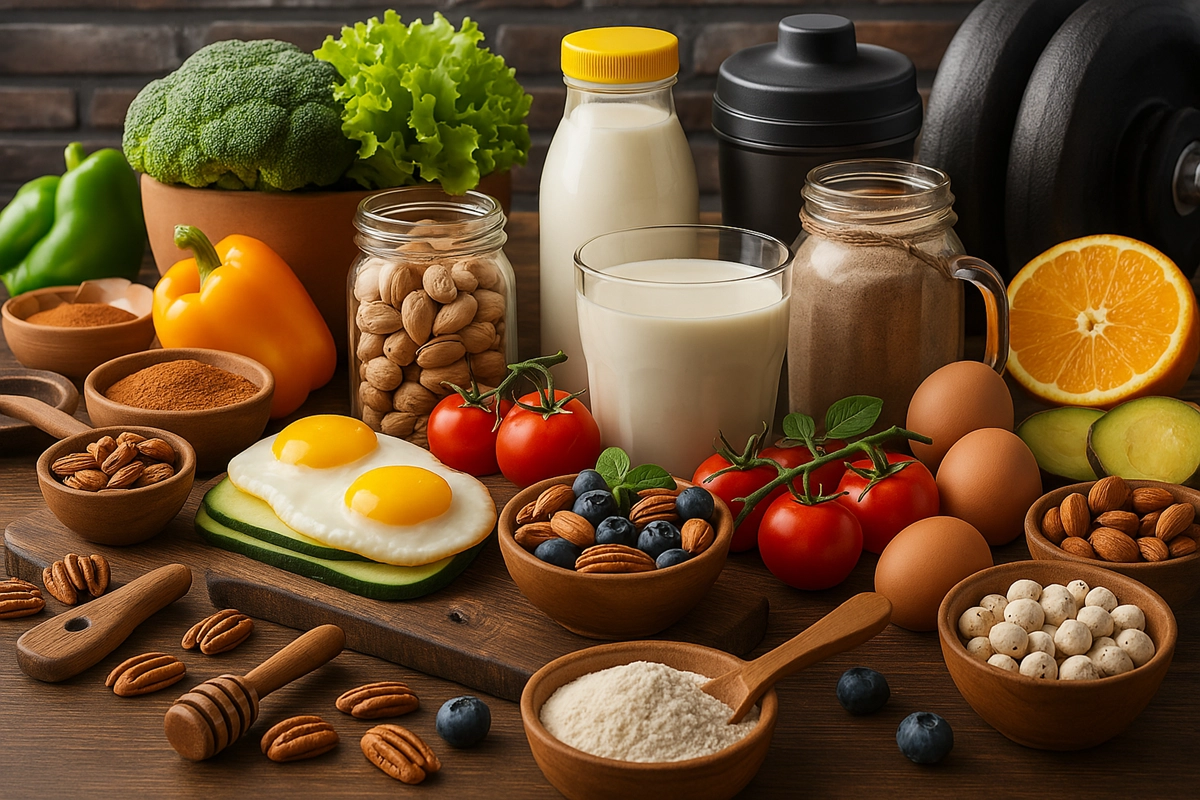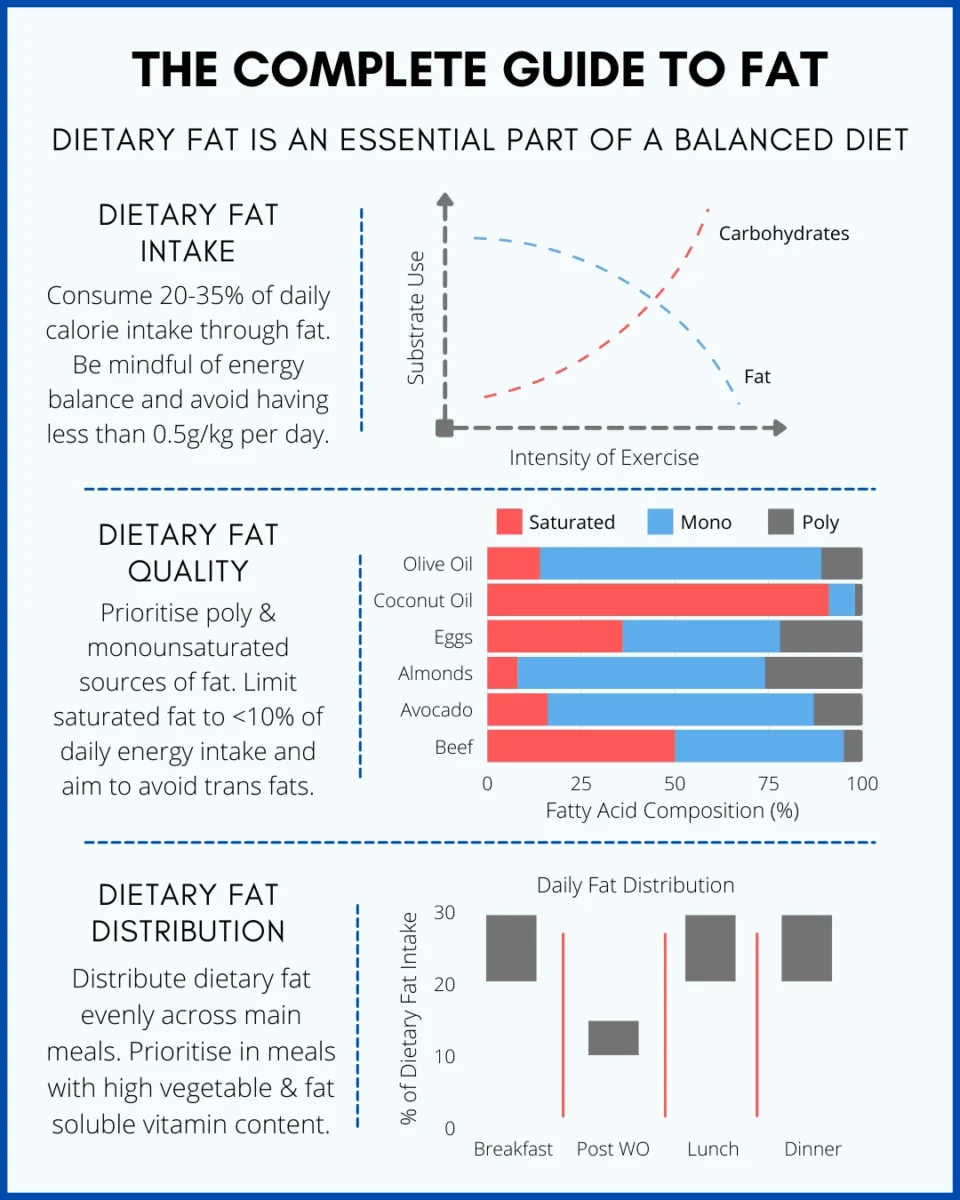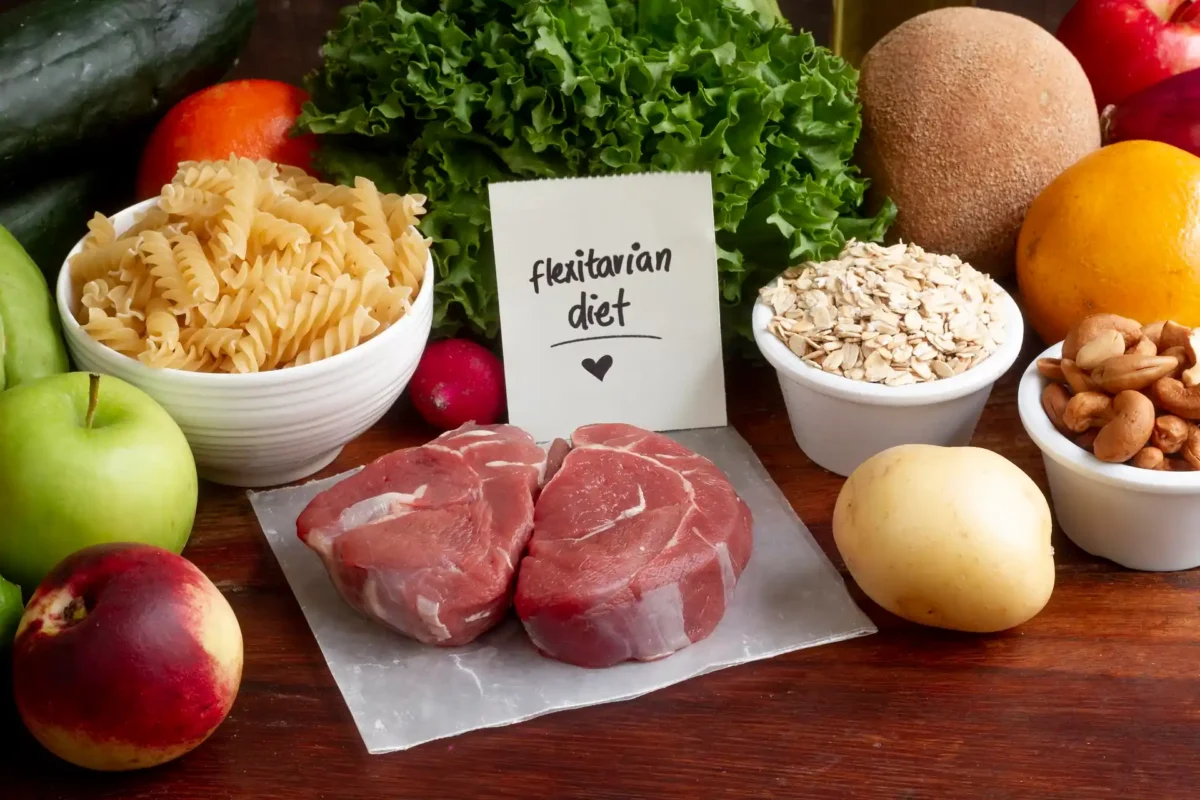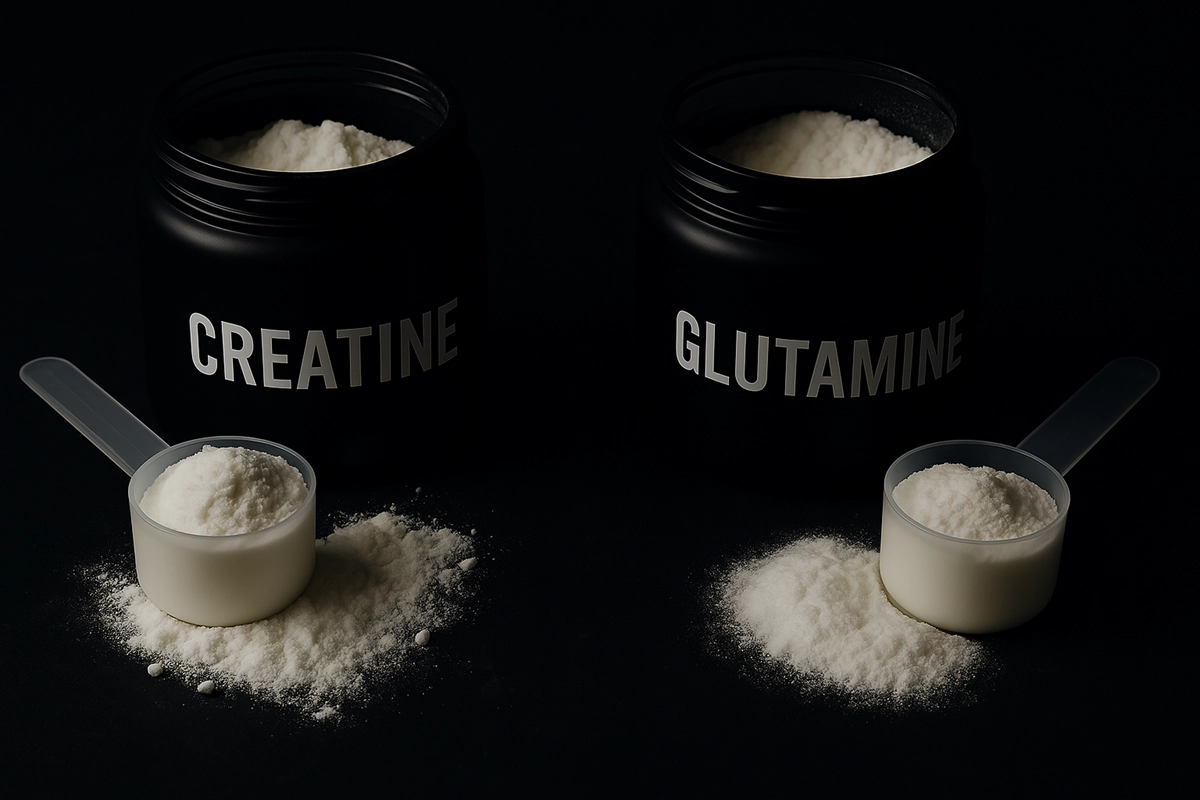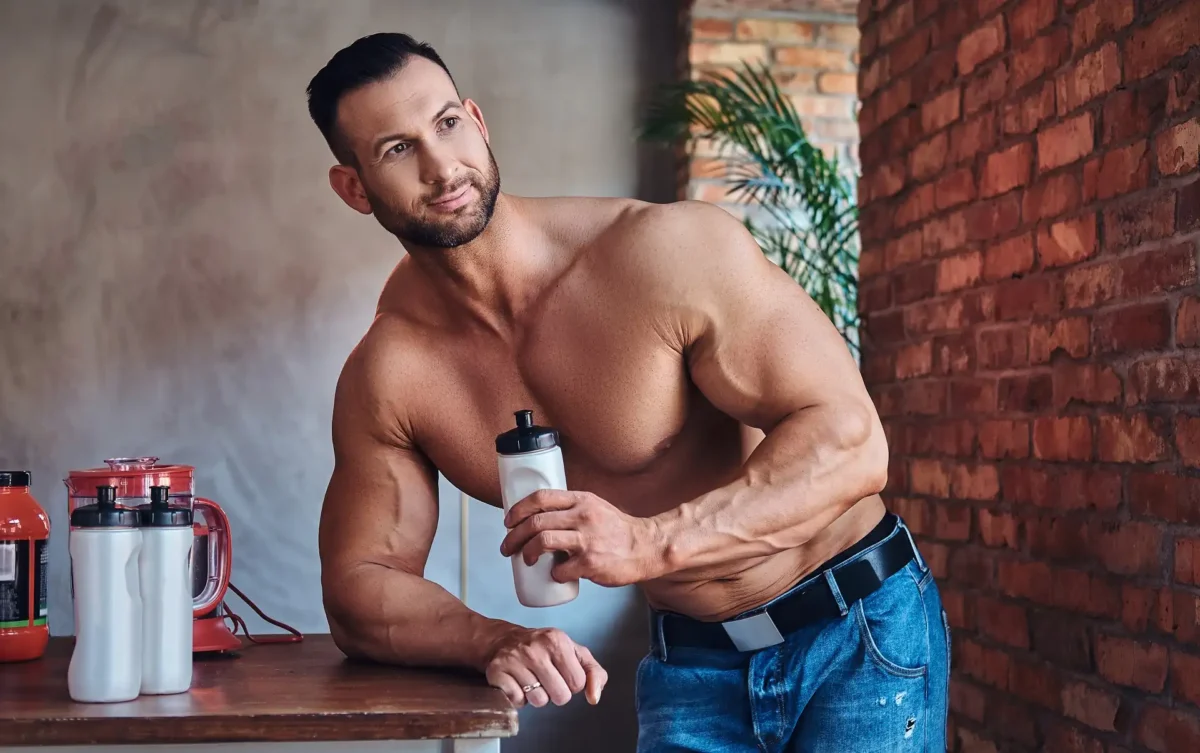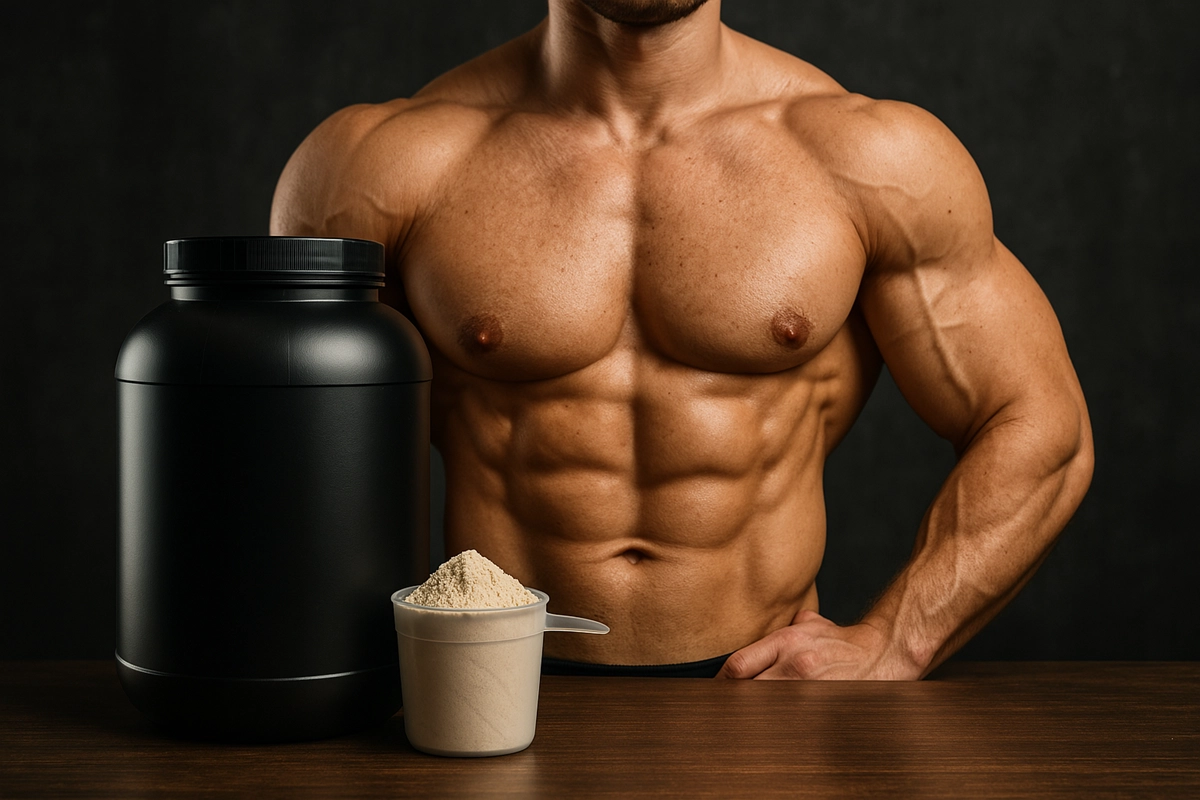To optimise your nutrition for muscle gains, you’ll need to master your daily macronutrient intake.
Just as Arnold Schwarzenegger meticulously tracked his nutrition during his Mr. Olympia days, understanding your body’s needs for proteins, carbs, and fats is essential for achieving your fitness goals.
While the classic 40/40/20 split serves as a starting point, your unique requirements depend on factors like body composition, training intensity, and recovery needs, and that’s where the real science begins.
Understanding Macronutrients
Macros are nutrients your body needs in large amounts. These include proteins, fats, and carbs. Proteins help build and repair muscles. Fats provide energy and support cell growth. Carbs fuel your workouts and daily activities.
In bodybuilding, macros are crucial. Proteins help muscles recover and grow. Fats keep you energized and support hormone production. Carbohydrates provide the energy needed for intense workouts.
Daily Fat Intake
Essential fats are crucial for bodybuilding. They help regulate hormone production and energy levels. These fats also support brain health.
Include sources like fish, nuts, and seeds. Omega-3 and Omega-6 are essential types.
Bodybuilders need about 20-30% of their calories from fat. This means that if you eat 2,500 calories daily, 500-750 of those calories should come from fat. That equals 55-83 grams of fat each day.
Balance your fat intake with other nutrients. Do not eat too much or too little.
Daily Protein Intake
For effective bodybuilding, balance daily protein, fat, and carb intake. Aim for 1 2-2 2 grams of protein per kg of body weight. Ensure fats and carbs support your energy needs and muscle growth.
#Protein Sources
Bodybuilders need high-quality protein. Good sources include chicken, fish, eggs, and dairy. Beans, lentils, and tofu are also excellent sources of protein. These foods help build and repair muscles. Variety is key for a balanced diet.
#Recommended Amounts Of Protein
Bodybuilders should consume 1.6 to 2.2 grams of protein per kilogram of body weight. This means that if you weigh 70 kg, aim for 112 to 154 grams of protein per day. Spread your intake throughout the day. This helps maximize muscle growth and repair.
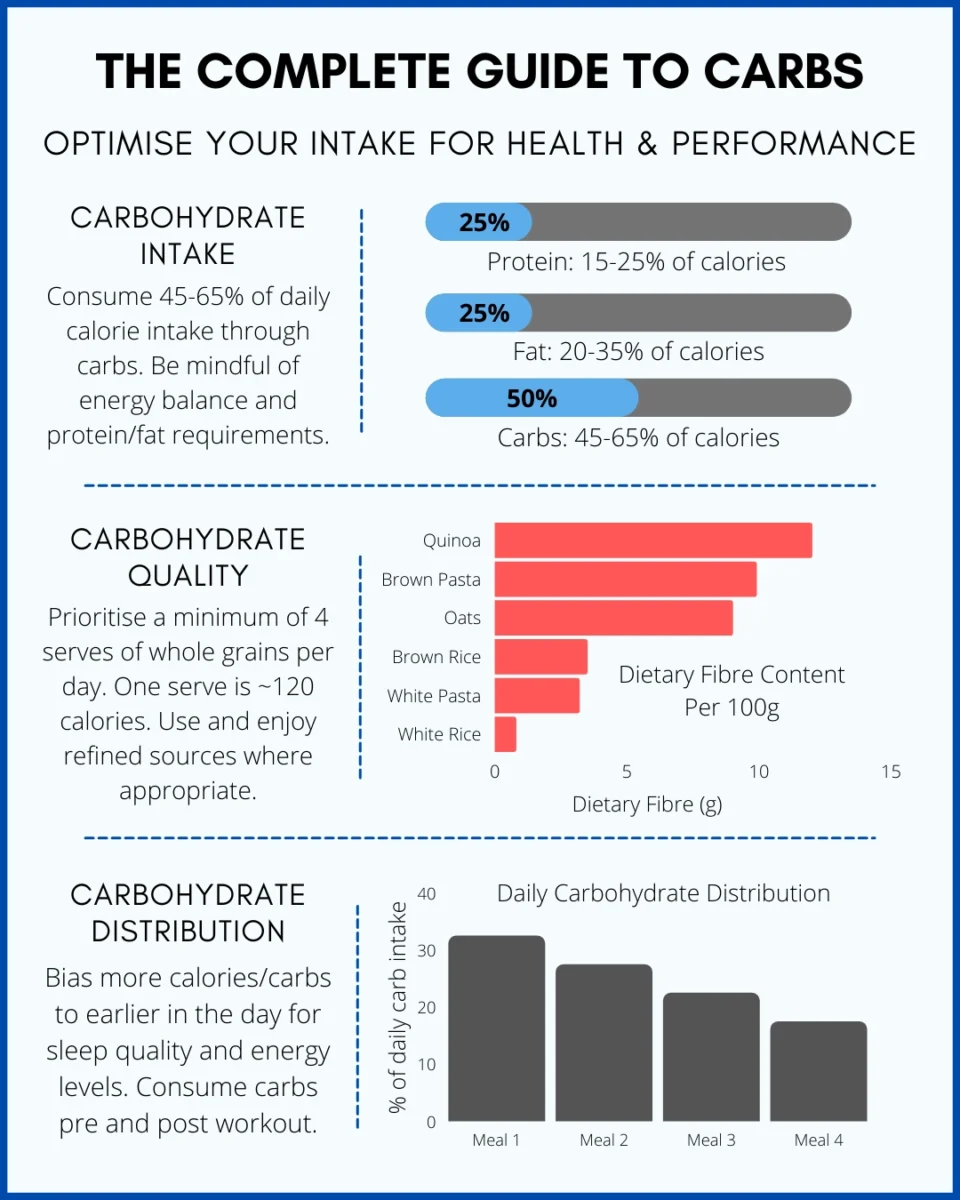
Daily Carb Intake
Carbs are essential for energy. There are two main types of carbs: simple and complex. Simple carbs include sugar and sweets. Complex carbs include whole grains and vegetables. Complex carbs are better for your body. They provide you with energy for a more extended period.
Most bodybuilders require approximately 2-3 grams of carbohydrates per pound of body weight. For example, a 150-pound person needs between 300 and 450 grams of carbs each day. It’s best to eat carbs throughout the day. Eating carbs after a workout helps muscles recover.
Balancing Macros
Bodybuilders require a precise balance of macronutrients. Protein helps build muscles. Carbs provide energy for workouts. Fats support hormone production. A standard ratio is 40% protein, 40% carbs, and 20% fats. This ratio can change based on goals. Some individuals may require more carbohydrates for energy.
Bulking requires more calories. Cutting needs fewer calories. Protein intake should stay high. Carbs can be adjusted up or down. Fats should stay around 20-30% of total calories. Everyone’s body is different. Finding the right balance is key. Listen to your body and adjust as needed.
Sample Meal Plans
Breakfast includes scrambled eggs with spinach. A protein shake with almond milk follows. Lunch has grilled chicken breast with broccoli.
Snack on Greek yogurt with berries. Dinner features baked salmon with quinoa. End the day with a casein protein shake.
Start the day with oatmeal topped with nuts. Mid-morning, have a banana and a handful of almonds. Lunch includes a turkey sandwich on whole-grain bread.
Snack on carrot sticks with hummus. Dinner consists of stir-fried tofu with mixed vegetables, accompanied by a small apple for dessert.
Where should you start?
Three key nutrients form the foundation of an effective mass-gaining meal plan: protein, carbohydrates, and healthy fats.
As Arnold Classic winner Mike Francois explains, your protein intake supports muscle repair, while carbohydrate intake fills muscles with glycogen – your body’s energy stockpile. To support muscle gain, you’ll need to maintain a calorie surplus with each meal.
For a 200+ pound trainee, aim for a balanced meal containing:
- 6-8 oz lean protein (like chicken breast)
- 2 cups complex carbs (such as brown rice)
- 1 tablespoon healthy fats (olive oil recommended)
- 1 cup fibrous vegetables
This combination provides approximately:
- 109g carbohydrates
- 60g protein
- 24g fat intake
Don’t skip the vegetables – their fiber content may enhance nutrient absorption, supporting your growth goals.
Finding a Balance
While following set nutritional guidelines provides a solid foundation, finding your balance takes both knowledge and experimentation. Your body composition goals will determine how you adjust your protein-rich diet and carbohydrate ratios.
If you’re noticing unwanted fat gains, you’ll need to decrease your carb intake while maintaining protein levels. For individuals weighing over 200 pounds, aim for 40-55g of protein and 80-100g of carbohydrates per meal.
Suppose you’re between 150-190 pounds, target 30-35g of protein and 60-80g of carbs. The key is to monitor your body’s response to nutrient-dense foods and make adjustments accordingly.
Track your energy levels and weight regularly to fine-tune your portions – what works for others may not work for you.
Tips For Success
Tracking macros helps you achieve your bodybuilding goals. Use apps or journals to track your food intake. This way, you know how much you eat. Tracking ensures you get enough protein, carbs, and fats. It also prevents overeating. It helps in adjusting your diet for better results.
Consistency is key in bodybuilding. Regular workouts and balanced diets work best. Stick to your routine for steady progress. Skipping workouts can slow down your gains.
Eating the right amount of nutrients every day helps muscle growth. Being consistent also helps in tracking progress better.
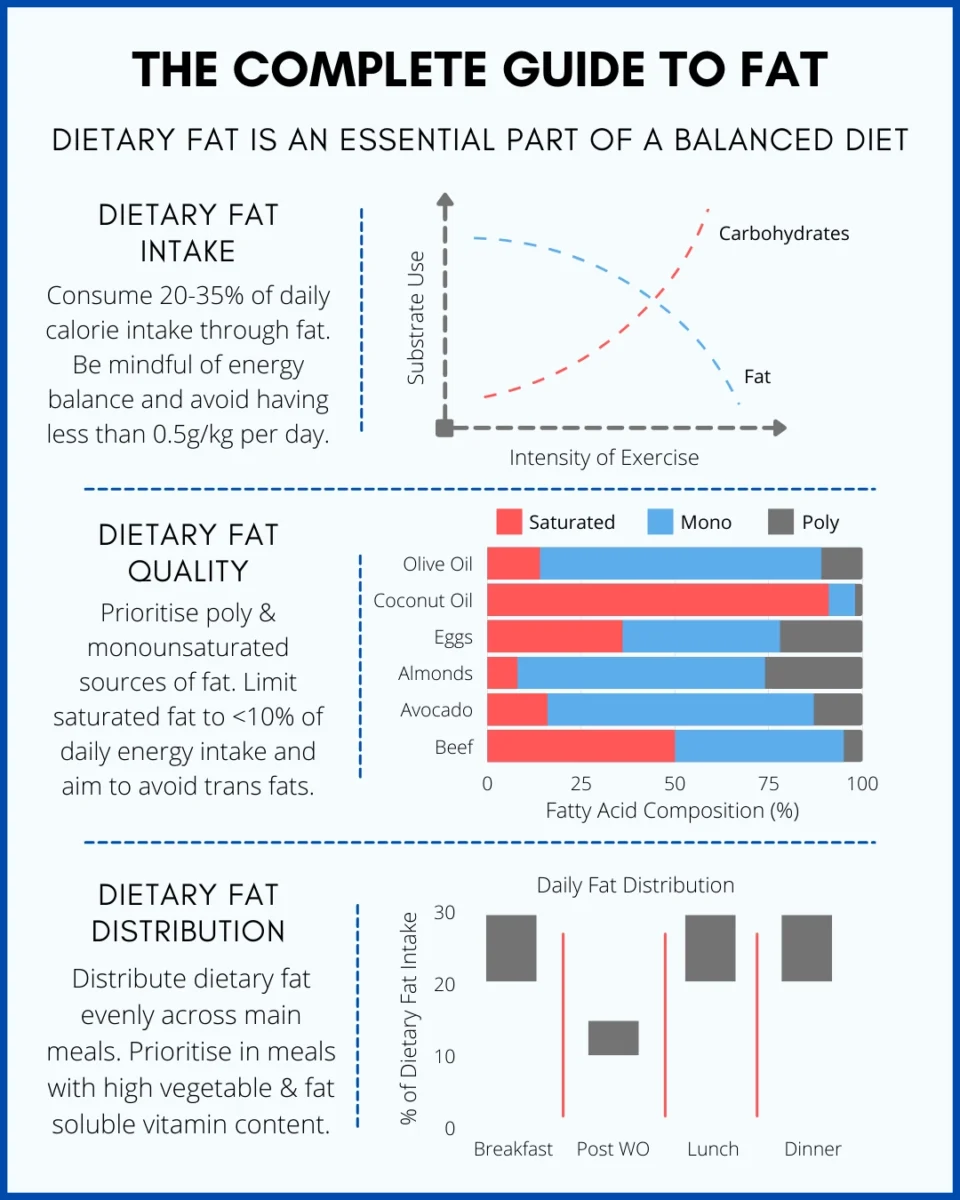
To Wrap It All Up
Your body is like a high-performance engine that needs the right fuel mix to run at its peak. You’ll want to aim for 45-65% of calories from carbs, 20-35% from fats, and 10-35% from protein, adjusting these ratios based on your specific goals and activity level.
Track your macros, listen to your body’s signals, and remember that consistency in hitting these targets will drive your results.
FAQs
What Are Macronutrients in Bodybuilding?
Macronutrients in bodybuilding include proteins, carbohydrates, and fats. These nutrients provide energy and support muscle growth, repair, and hormone production. Carbohydrates fuel workouts, proteins rebuild muscle tissue, and fats regulate hormones essential for recovery and growth.
Why Are Fats, Proteins, and Carbs Important for Muscle Growth?
Fats, proteins, and carbohydrates support muscle growth by fueling training, repairing tissue, and producing growth-related hormones. Proteins rebuild muscle fibers. Carbs restore glycogen for recovery. Fats regulate testosterone and growth hormone, making all three macronutrients essential in muscle development.
Is Protein the Most Important Macro for Muscle Gain?
Protein is the most important macronutrient for muscle gain because it directly repairs and builds muscle tissue. Consuming enough protein stimulates muscle protein synthesis, which drives hypertrophy. While carbs and fats support training and recovery, protein is the primary driver of muscle growth.
Can Bodybuilders Eat Carbs and Still Stay Lean?
Bodybuilders can eat carbohydrates and still stay lean by controlling calorie intake and timing carb consumption around workouts. Carbs fuel training and aid recovery without causing fat gain when matched to energy needs. Prioritizing complex carbs and monitoring portions helps maintain leanness.
What Are Good Sources of Protein, Carbs, and Fat for Muscle Building?
Good sources of protein, carbs, and fat for muscle building include lean meats, eggs, dairy, rice, oats, sweet potatoes, nuts, seeds, and olive oil. Proteins repair tissue, carbs provide training fuel, and fats support hormones. A balanced intake of all three supports growth and recovery.
How Much Protein Is Too Much for Bodybuilding?
Protein intake above 2.2 grams per kilogram of body weight offers no added muscle-building benefit and may strain kidneys over time. For most bodybuilders, 1.6–2.2 g/kg is optimal. Exceeding this range doesn’t improve results and may displace carbs or fats needed for recovery.
Is High-Carb or High-Fat Better for Bulking?
High-carb diets are better for bulking because they increase training energy, replenish glycogen, and support muscle recovery. Carbohydrates stimulate insulin, which helps shuttle nutrients into muscles. While fats support hormones, excess fat intake may lead to fat gain without enhancing performance.

